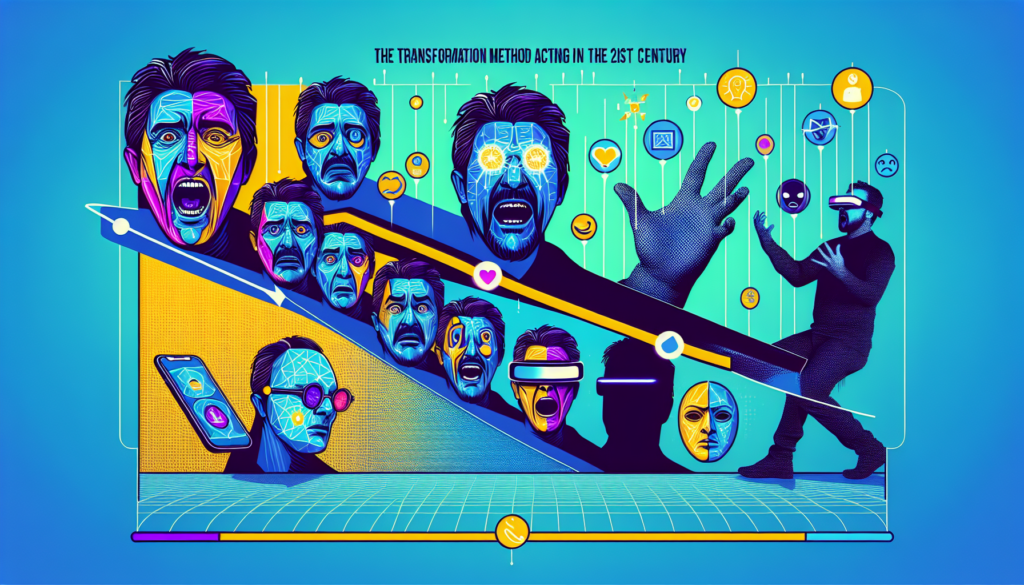In the ever-evolving vista of the entertainment industry, few tools have impacted actors’ careers as profoundly as social media. The digital age has brought forth an unprecedented change in communication, completely reshaping how actors engage with their audience, position themselves in the industry, and cultivate their brands.
At a very basic level, social media has given actors a direct line to their fans. Platforms like Twitter, Instagram, and Facebook allow instant communication, providing actors the opportunity to share updates, promote their work, engage in conversations, and even address controversies directly. This interaction creates a more personal connection between the actor and their fans, which can help boost their popularity and further their career.
In the past, actors relied heavily on news outlets, press junkets, and their management teams to convey their personalities and projects to the public. Now, they can directly control their narrative. They decide what to share, how to share it and when. This autonomy gives actors more control over their careers and gives them the chance to establish a more authentic connection with their fans, which can be positively reflected at the box-office.
Further, social media has changed the casting process—a critical aspect of an actor’s career path. Traditionally, landing a role was mainly about auditions, talent, and connections. While these factors still hold imperative, there is a new component added to the equation—online presence. Production companies acknowledge the potential of an actor’s social media following. Actors with extensive social media influence not only bring their acting talents but also provide guaranteed publicity.
This new form of influence extends to independent and emerging actors as well. Social media platforms, particularly YouTube and TikTok, enable aspiring actors to showcase their abilities to a global audience without the necessity of representation or auditions. Viral monologues or performances can lead to mainstream opportunities. For instance, actor and comedienne, Lily Singh, started her career on YouTube and later found success in mainstream media with her own talk show.
Moreover, platforms like Facebook and Instagram, have turned into digital portfolios for actors where they can consolidate their photos, reels, and professional information. These platforms fan out the reach of actors to casting directors and agencies who are increasingly turning to social media for talent scouting.
Social media also has a significant impact on how actors prepare for roles. Platforms like Twitter and Instagram provide a wealth of socio-cultural insights that actors can tap into to better understand their characters or the perception of their roles. Many actors now use social media as a research tool to gain an understanding of various perspectives and experiences, which can enrich their performances.
However, along with the numerous advantages, social media has its darker side. Damaging rumors can spread with ease, trolls may target actors, and issues of privacy emerge on these digital platforms. Moreover, the immense spotlight and accessibility can lead to mental health challenges, perpetuating the need for a balanced online presence.
Lastly, within this digital realm, the fine line between personal and professional inevitably blurs. Actors must be cautious in maintaining their image as the person behind the actor while also promoting their work and brand. This dual role can be taxing but is an integral part of the actor’s social media strategy.
The rise of social media has fundamentally transformed the modern actor’s career. While it comes with its own set of challenges, social media’s power to democratize the entertainment industry, directly engage with fans, and create new opportunities is indisputable. Therefore, mastering social media is now a prerequisite for any actor aiming for success in the digital age.



